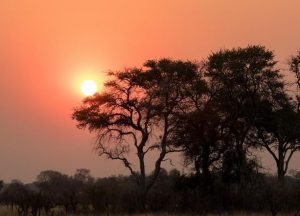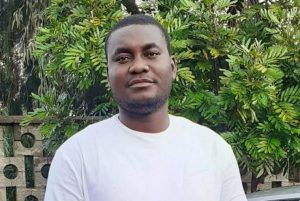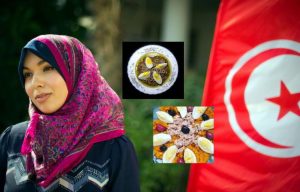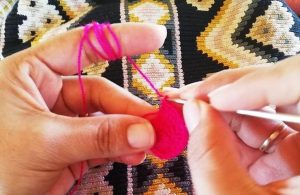Tens of thousands of South Sudanese refugees are returning home to escape the violence in Sudan, but many find themselves stranded in remote border areas.
Alekiir Kaman Dau Ayuel, 25, sits under a tree outside a transit centre in Renk County, in South Sudan’s Upper Nile State, with her mother, aunts, and brothers. They have just crossed the border from Sudan after a narrow escape from Khartoum where fighting continues.
Alekiir was studying computer science at the International University of Africa in Khartoum and had been planning to switch to biology before the violence erupted on 15 April. Terrified, she and her family sheltered inside their home while fighting raged in the street. They could hear gunshots and airstrikes.
“Many people died, and they didn’t even bury the bodies, they were just on the street,” she said. During a lull in the fighting, they took their chance to escape. They boarded a bus, leaving everything behind to seek safety in South Sudan, a country they had fled nearly a decade earlier at the height of a brutal civil war. “I was thinking I would have to leave Khartoum one day after I finish university and look for work, but I didn’t imagine that war would come,” said Alekiir.
Some 800,000 South Sudanese refugees were living in Sudan, but since the violence erupted in Khartoum and quickly spread to other areas of the country, nearly 46,000 have crossed back to the country they once fled.
Malual Mayom Deng and his family spent most of the money they had buying bus tickets to get out of Sudan. “One person was 35,000 Sudanese pounds [US$58], and we are eight, so it was very expensive,” he said. “It took us two days to come to South Sudan.” They made the last leg of the journey in a donkey cart stacked with their only remaining belongings.
Like Alekiir, it was not their first time fleeing a conflict. “In 2016, we fled South Sudan because of the crisis,” said Malual. “We became refugees in Sudan; we wanted safety. And now we are fleeing again, back to our home.”
Home is in Northern Bahr el Ghazal region, hundreds of kilometres away, but it is not clear how they will get there. Even contacting family members back home is a challenge due to poor mobile connectivity.
Those who are able to return to their home areas are likely to find communities that are extremely fragile as a result of climate change, conflict, and food insecurity.
“South Sudan already was facing a major humanitarian crisis” – said Lillian Sabasi, UNHCR’s Associate Protection Officer. “A large unplanned number of new returns may destabilize already struggling local communities and exacerbate [the] crisis.”
Alekiir and her family are hoping to return to their home in Melut in South Sudan’s Upper Nile State. “Before [violence] broke out in Khartoum, I was making a lot of plans,” she said. “I wanted to study biology to be a doctor and work to help people. Now I do not know,” she added. “As long as I am still alive, I have a chance, I still have a chance to do something.”
Meanwhile, the Catholic Church in South Sudan is preparing to host refugees. Bishop Matthew Remijio Adam Gbitiku of Wau, South Sudan, has written to everyone in his diocese asking them to prepare to welcome those arriving in search of safety.
“With the letter I addressed to all the religious communities here in the archdiocese, I indicated that at least we all open our houses to our brothers and sisters who are in Sudan”.
Bishop of Malakal, Msgr. Stephen Nyodho, has denounced the situation of people fleeing Sudan, who continue to flock to the Upper Nile capital, where they are temporarily taking refuge in Ruweng.
“The government’s response continues to be delayed, while thousands of people are stranded in Riverside, in Ruweng, and also in Melut”, reported Msgr. Nyodho. “Caritas of the diocese of Malakal has offered boats to allow these people to cross the river to Malakal”, he added.
The South Sudanese government claims to have sent a dozen trucks to transport its citizens trapped in the Sudanese capital, Khartoum, to the South Sudanese state of Upper Nile. This state is facing a difficult humanitarian situation due to the high number of internally displaced persons caused by the civil war in South Sudan. (Photo: Thousands of South Sudanese refugee returnees wait at the UNHCR transit centre near the Joda border point in Renk, South Sudan, after fleeing the conflict in Sudan. © UNHCR/Andrew McConnell)





